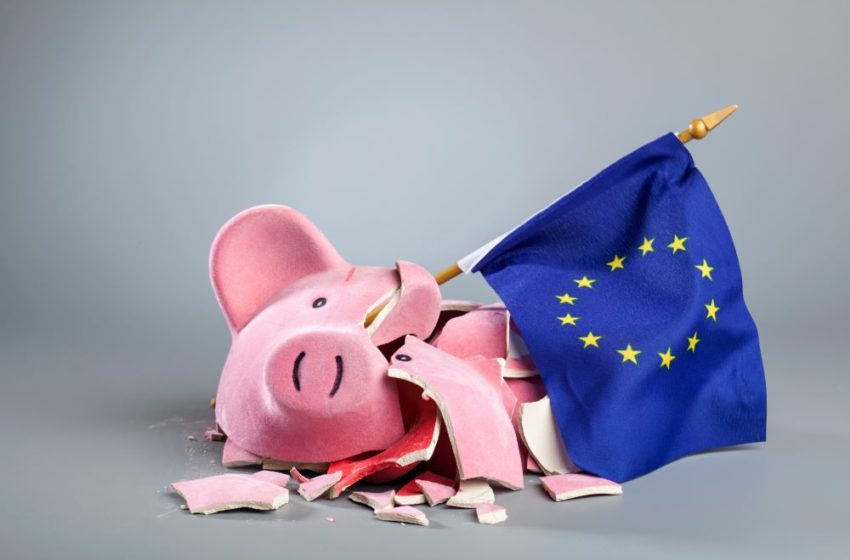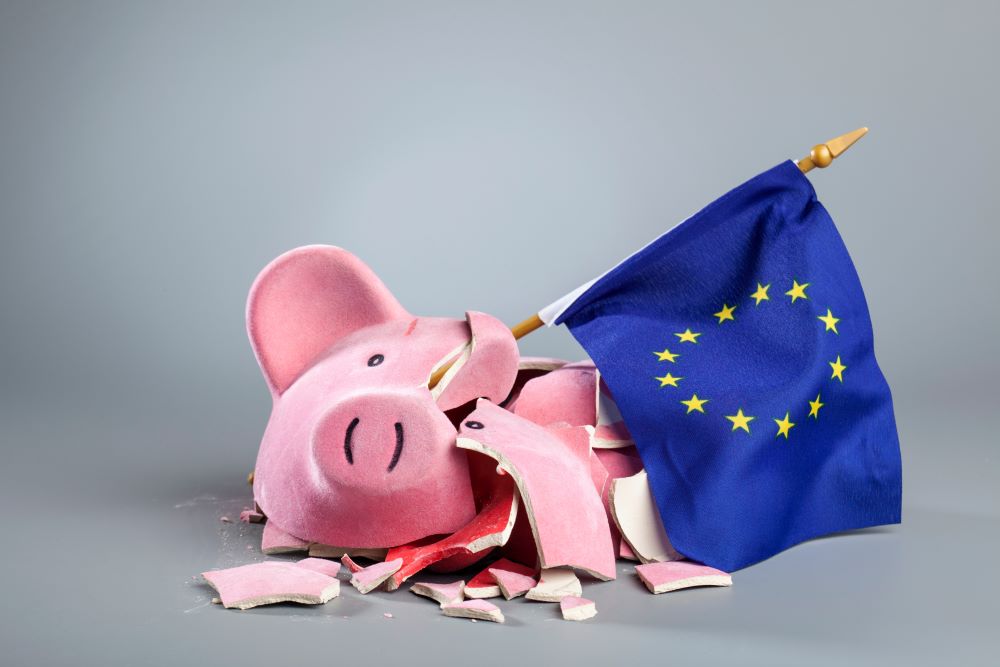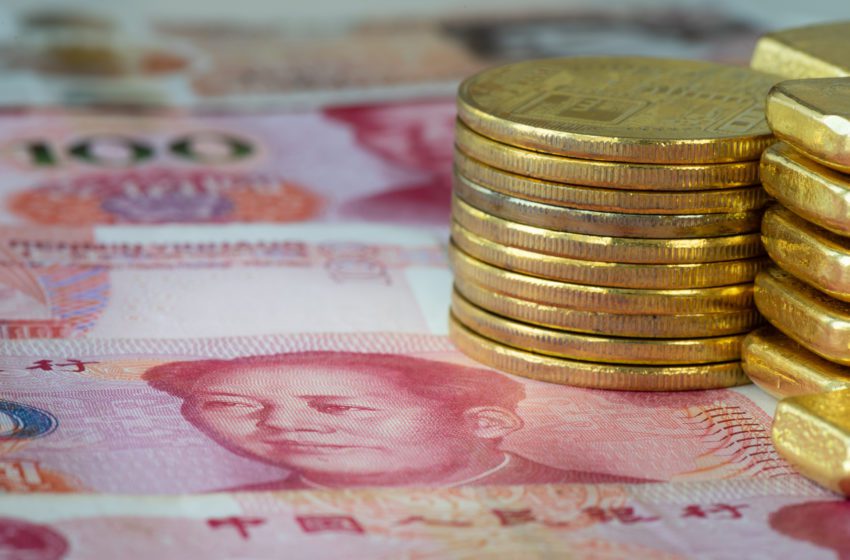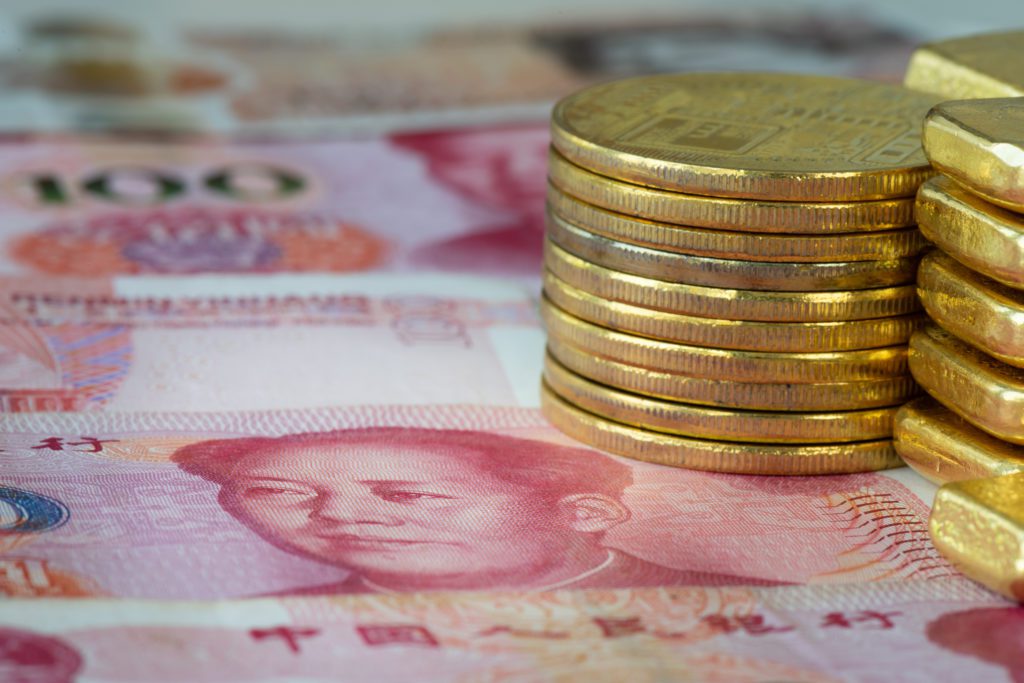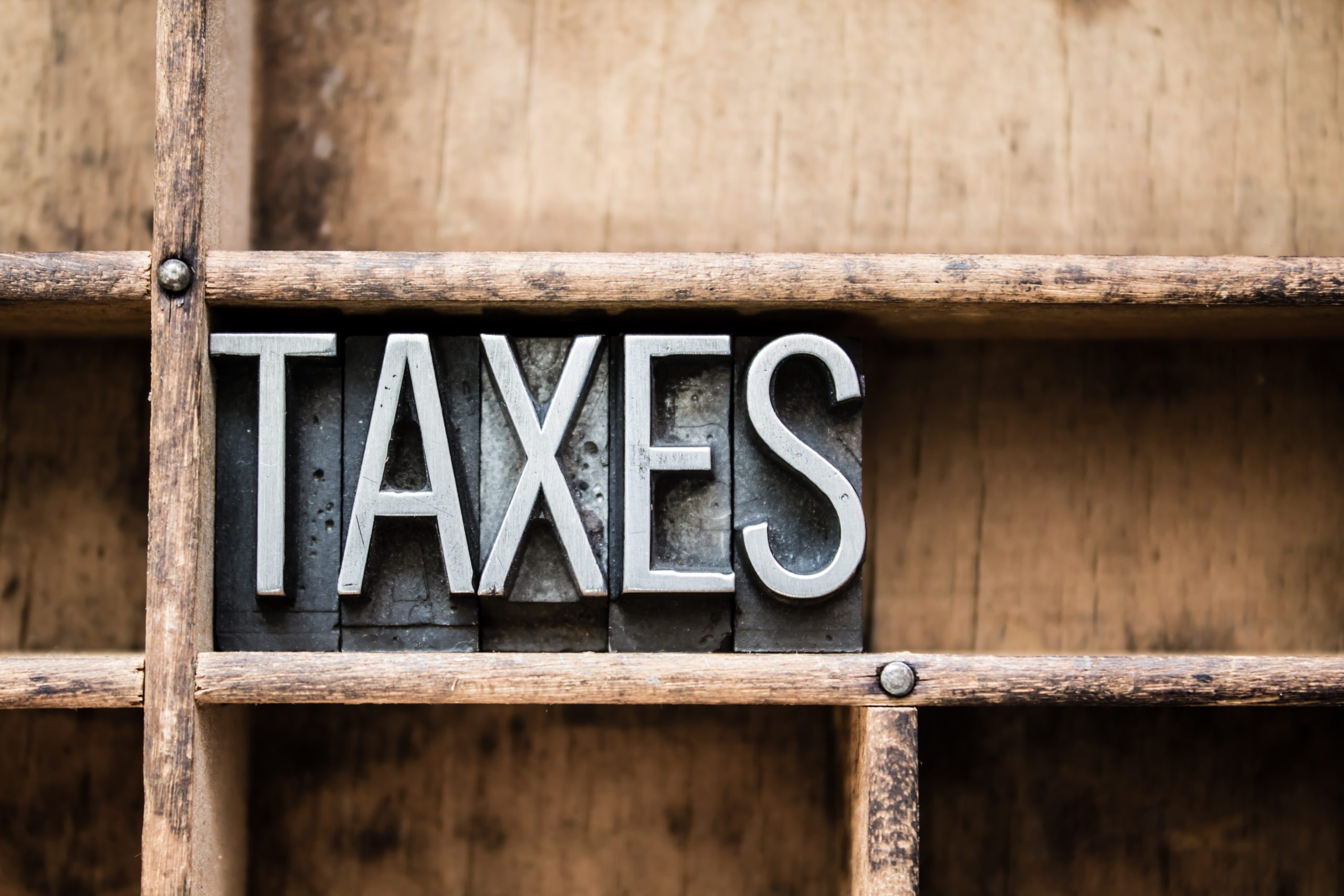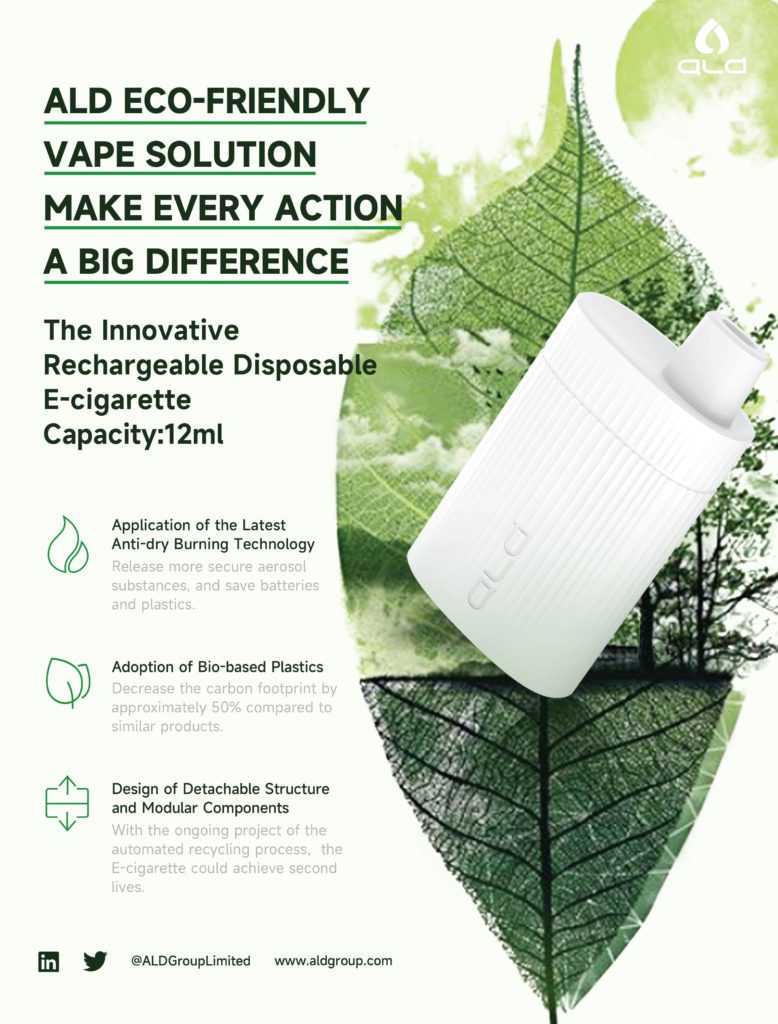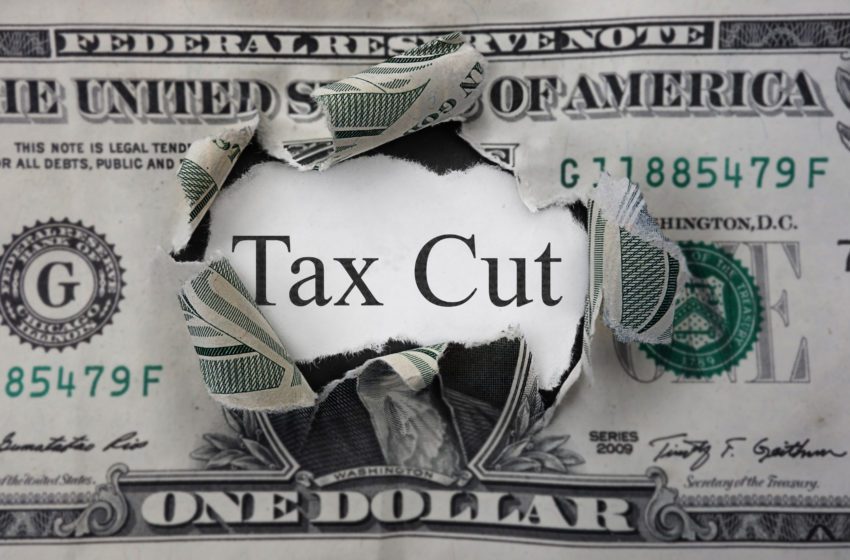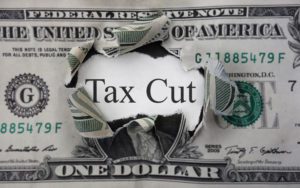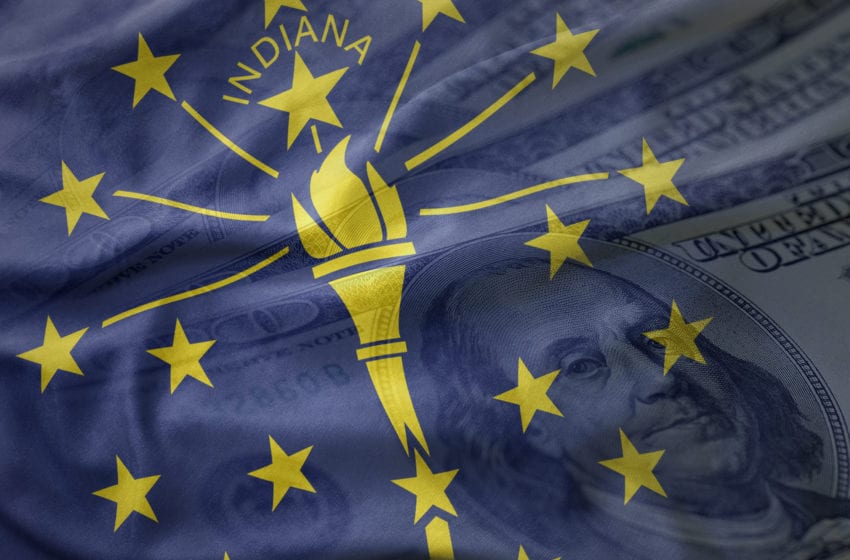
Excise taxes on vapor and OTPs can present considerable administrative burdens on businesses.
By Bryan Haynes, Christina Sava and Robert Claiborne
Excise taxes on vapor products and tobacco products other than cigarettes, also referred to as “other tobacco products” (OTPs), present considerable administrative burdens on businesses dealing in these products. All 50 states impose excise taxes on most traditional OTPs, and have for a long time, but operators in the vapor category have been subject to rapidly shifting regulatory conditions as states update their OTP laws and other laws to account for vapor products.
Many of these laws are framed on traditional distribution models, and businesses’ innovations in routing taxable products to market can raise unique compliance questions. Recent legal changes have also raised new issues over the permissibility of state taxation of products coming in from another state. Where excise taxes are imposed on a product, the sale of such products requires licensure at various points in the supply chain, accurate bookkeeping, regular reporting, and tax remittance practices.
Typically, distributors and wholesalers of these highly regulated products may be the subject of audits by state revenue departments, and manufacturers and retailers may similarly be subject to audit depending on the auditing state. In our experience, it is a rare audit that does not result in an alleged deficiency. Some deficiency determinations are minor and easily paid while others can add up to hundreds of thousands—and even millions—of dollars due, plus interest and penalties. In such cases, it is imperative to engage the assistance of experienced counsel who can assist you in addressing the assessment.
A final deficiency determination can be crippling to a business. The audit process itself can be time-consuming and disruptive to normal operations, and any ensuing disputes will be even more so. It’s never a bad time to either establish an audit-readiness plan or clean up existing operating procedures to make sure a future audit and possible dispute go as smoothly as possible. We have drawn on our experience representing clients in such disputes to compile this list of best practices for avoiding or contesting OTP and vapor tax assessments.
Best Practices for Avoiding a Dispute
- Understand your state’s licensure requirements. This tip should go without saying, but it is worth repeating given the rapid evolution of vapor products laws and innovations in businesses’ routing of taxable vapor or OTP products to market. If you do any business in traditional forms of tobacco, and begin selling vapor products, it would be prudent to confirm whether your state requires additional licenses, taxes or reporting for these products.
- Know your regulator. For any highly regulated business, it’s important to be familiar with your primary regulatory agency and its agents and maintain a good relationship with them. Any time you are communicating with your regulator is a chance to make a good impression, so remain courteous and professional in your dealings with them, whether via email, by phone or in person. If there are occasions where you disagree with the regulator, you can do so respectfully and without being disagreeable.
- Keep and organize accurate books and records. This tip is important for all business owners but especially for businesses that deal in excise-taxed products. Being able to produce accurate documentation of your activities can make all the difference in a dispute as well as prevent disputes. State laws typically establish the minimum record-keeping requirements. A good record-keeping system will include:
- copies of invoices and receipts;
- copies of bills of lading and other shipping documentation;
- copies of all communications with state regulators; and
- copies of documentation for any tax payments, tax reports and tax returns.
Make your records readily accessible as you will be asked to produce them during an audit. You will also want to promptly transmit records to your attorneys if you involve them in any phase of the matter. Verify whether your state requires you to maintain physical copies on-site or whether you can organize your records digitally.
- Understand the applicable laws. This one is, again, obvious for all businesses but crucial for those dealing in highly regulated products. Keep track of the tax rate applicable to all of your product classes. If there is a question about whether your products qualify as taxable tobacco or vapor products, you should seek clarification and probably involve your attorney. Some laws, for instance, tax liquid nicotine but not certain other forms of nicotine while other laws tax products, such as vape products, that do not contain nicotine at all. Make sure you are signed up for alerts from your regulatory agency. If you don’t understand a change in law or policy, follow up with the regulator or experienced counsel for clarification. If you are going to seek a formal advisory opinion or even informal guidance from a state department of revenue, you will likely want to involve your attorney to ensure that you inform the department of all material facts and legal grounds that may distinguish your product or activities from coverage under the state’s excise tax laws.
- File timely returns. Set up a system for making tax reporting easy and automatic. There are third-party providers that can assist if necessary. Filing thorough, well-prepared returns on time each month generates goodwill and can help prevent audits.
- Periodically audit yourself. Set up periodic self-audits to ensure your reporting is accurate. Self-audits can help businesses mitigate issues that, if not discovered sooner, may result in large assessments. If you discover an issue, many state excise tax laws require that returns be corrected proactively. If you discover a major issue, it may be prudent to have a discussion with relevant taxing authorities but involve counsel early if you think you’ve discovered deficiencies. Some states have voluntary disclosure programs that may mitigate potential consequences from noncompliance.
- If you are audited, make timely and thorough responses. If you are audited, it is critical to be responsive to auditors’ legitimate requests. Initial interactions with auditors can set the tone for the rest of the audit. Review requests for production thoroughly, note the deadlines and begin working on the responses early. Auditors appreciate well-organized productions, which are easier to provide if they are already organized and you’ve given yourself time to put together a thorough response.
Best Practices for Dealing with a Potential or Actual Dispute
- Engage experienced counsel early. Consider contacting counsel the moment a request for records arrives. Counsel does not always have to respond on your behalf, but they can help you evaluate the legitimacy of requests and help you respond. You should contact counsel immediately upon receipt of a deficiency determination.
- Be aware of deadlines. This one bears repeating because, in tax matters, missing a deadline can mean you have conceded to the assessment. Review the assessment carefully and note all deadlines. Review statutes, regulations and agency guidance to familiarize yourself with the appeal process, including any additional deadlines that might not have been identified in your notice.
- Provide relevant information to your counsel as soon as possible and throughout the dispute. Is the disputed issue one that your business has previously discussed with the tax department? Has the tax department’s position changed at any point? Does the disputed issue concern products that had taxes paid on them in another state? Have there been any changes in the manner in which you conduct your business? What individuals or documents can address the facts in issue? These are just some of the questions your counsel may have, and there will be others depending on the nature of your dispute. It is important to make sure that you fully inform counsel of the relevant facts and documents early on and throughout the matter.
- Keep perspective. Running a business is hard work, and a tax dispute will not make it easier. While you will naturally be eager for the dispute’s resolution, it is important to bear in mind that the dispute process can be lengthy. Most states route tax disputes through a maze of administrative processes before the taxpayer can have its day in court. Either party can have multiple stages for appeal. Also bear in mind that most disputes eventually settle. Keep a cool head, maintain professionalism and know that you’ll eventually be on the other side of this.
Proactive measures can help you streamline audits and mitigate the risk of tax assessments. If a dispute arises, early engagement with counsel is critical to developing and executing an effective strategy. Troutman Pepper’s tobacco team has substantial experience advising clients in vape and OTP tax matters and, when necessary, assisting them in disputing assessments. In 2022, we assisted clients in successfully disputing more than $45 million in claimed tobacco tax deficiencies.
When the taxman asserts a deficiency, you don’t have to resign yourself to “be[ing] thankful [he] don’t take it all.”[1] There is more that you can do before and after that point. Please let us know if we can help.
Bryan Haynes, Christina Sava and Robert Claiborne are attorneys for the law firm Troutman Pepper Tobacco Practice.
[1] The Beatles, “Taxman,” on Revolver (1966).



